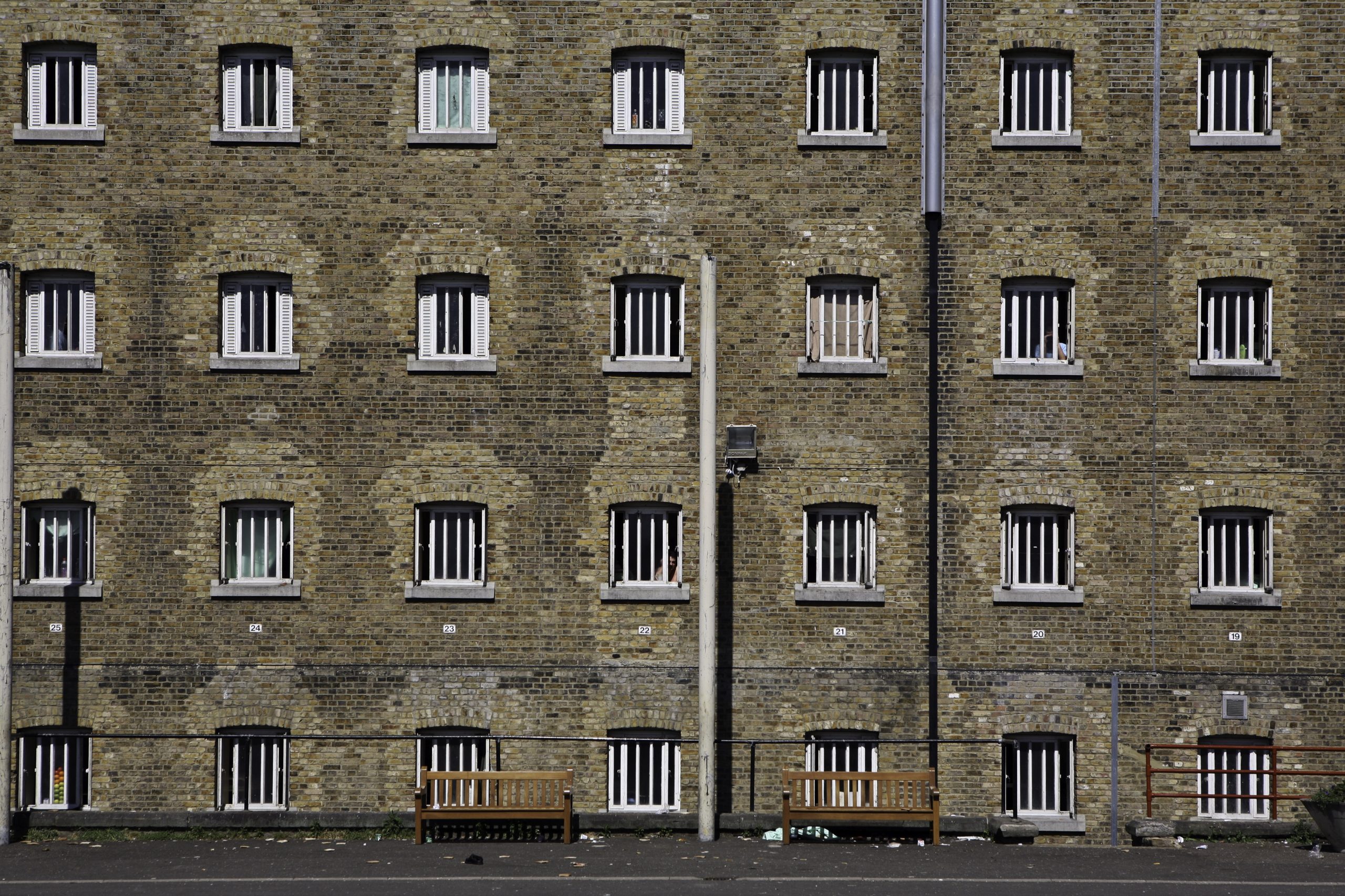We’ve somehow become conditioned to the government parading policy failure when it boasts of spending an extra £4 billion to build more prison spaces. Just how many more seems to change with the weather, but yesterday’s budget put it at 20,000.
So, that’s £4 billion capital money not spent on public transport, or refurbishing schools or hospitals, but on institutions to hold people largely in idleness, paying no tax and silently generating unseen costs for the families they leave behind. £4 billion spent on institutions that all the evidence shows are more likely to increase reoffending than reduce it. £4 billion required largely because successive governments have legislated to increase sentence lengths just to appear “tougher” than their political opponents, and the financial consequences of all those expedient announcements come home to roost long after they have been made.
But what about the number that wasn’t in yesterday’s budget, simply because it’s money the Chancellor doesn’t have to find for the next three years? The average cost of holding a prisoner for a year in 2019 was around £43,000. Let’s be kind to the Chancellor and not inflate that figure for the last 2 years. It still means a future annual cost to run these new prison places of £860 million.
Yesterday, the Chancellor found he had a back pocket, and doled out an extra £450m in total to the Ministry of Justice. The largest chunk of that is destined for the courts to start to deal with the backlog of unheard cases that existed before the pandemic but has been made even worse by it. So where exactly will nearly double that amount be found to run all these new prisons in 3 years’ time? And the year after that? And the year after – for the couple of centuries that we keep our prison buildings operating in this country?
Just for context, the average salary of a nurse is £31,000, so a total cost to the employer of around £35,000. So the decision on new prison building actually equates to 24,500 nurses we can’t recruit because the government wants to sound tough – not just now, but for as far ahead as the eye can see.
The government will say that it wants to reduce reoffending, perhaps hoping we will conclude that one day it might actually close some prisons and reduce the waste of human capital they represent. But you won’t find an assumption in the budget that suggests the government has any such intention. Even the most straightforward reform – practically and politically – of investing in women’s centres in the community in order to reduce prison places for women, is timidly avoided.
Who knows what job Rishi will be doing when the bill for running all these new prison places falls due. But the taxpayer is going to have to cough up, whoever the Chancellor is.






